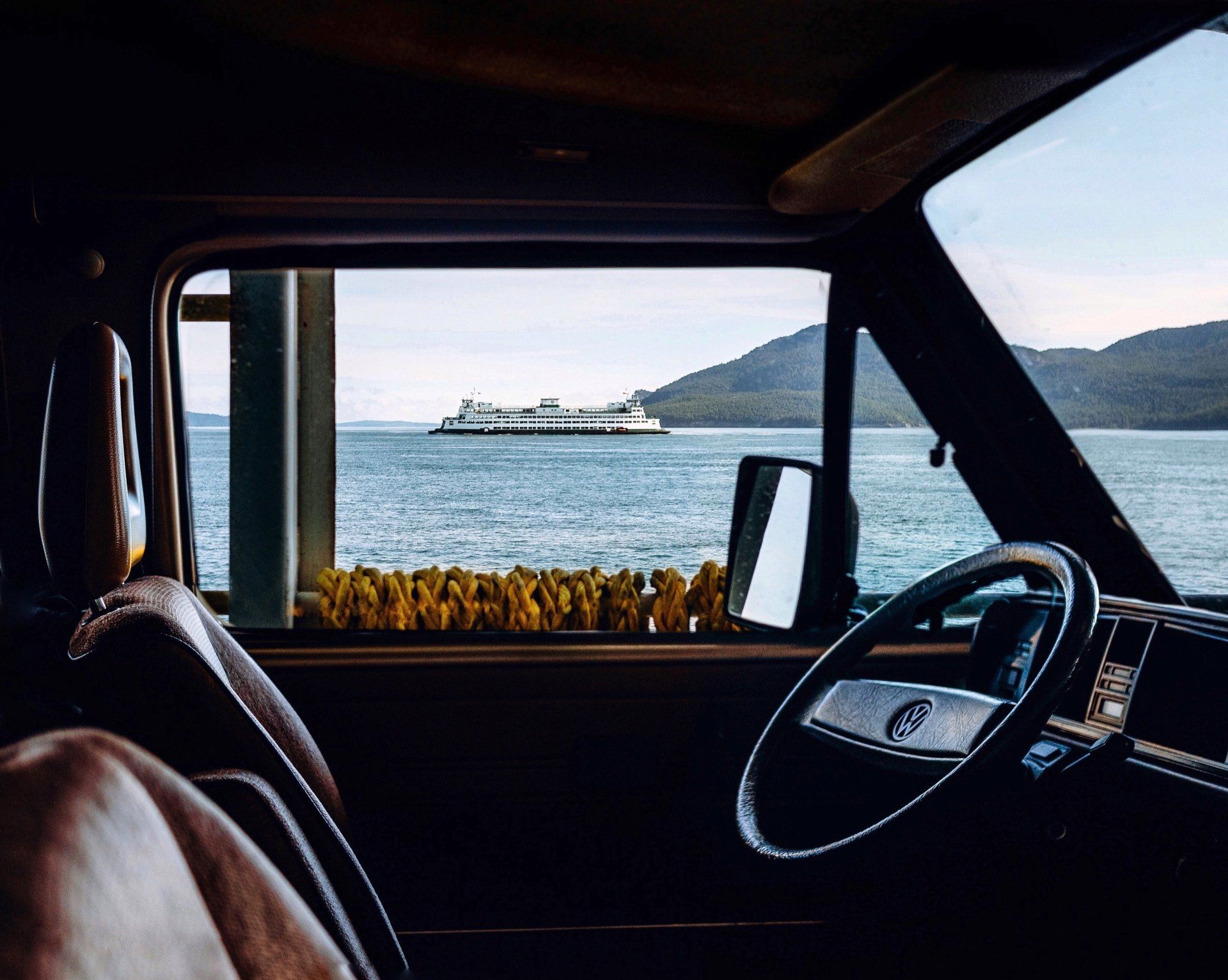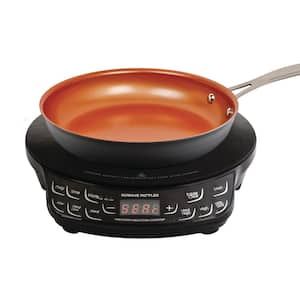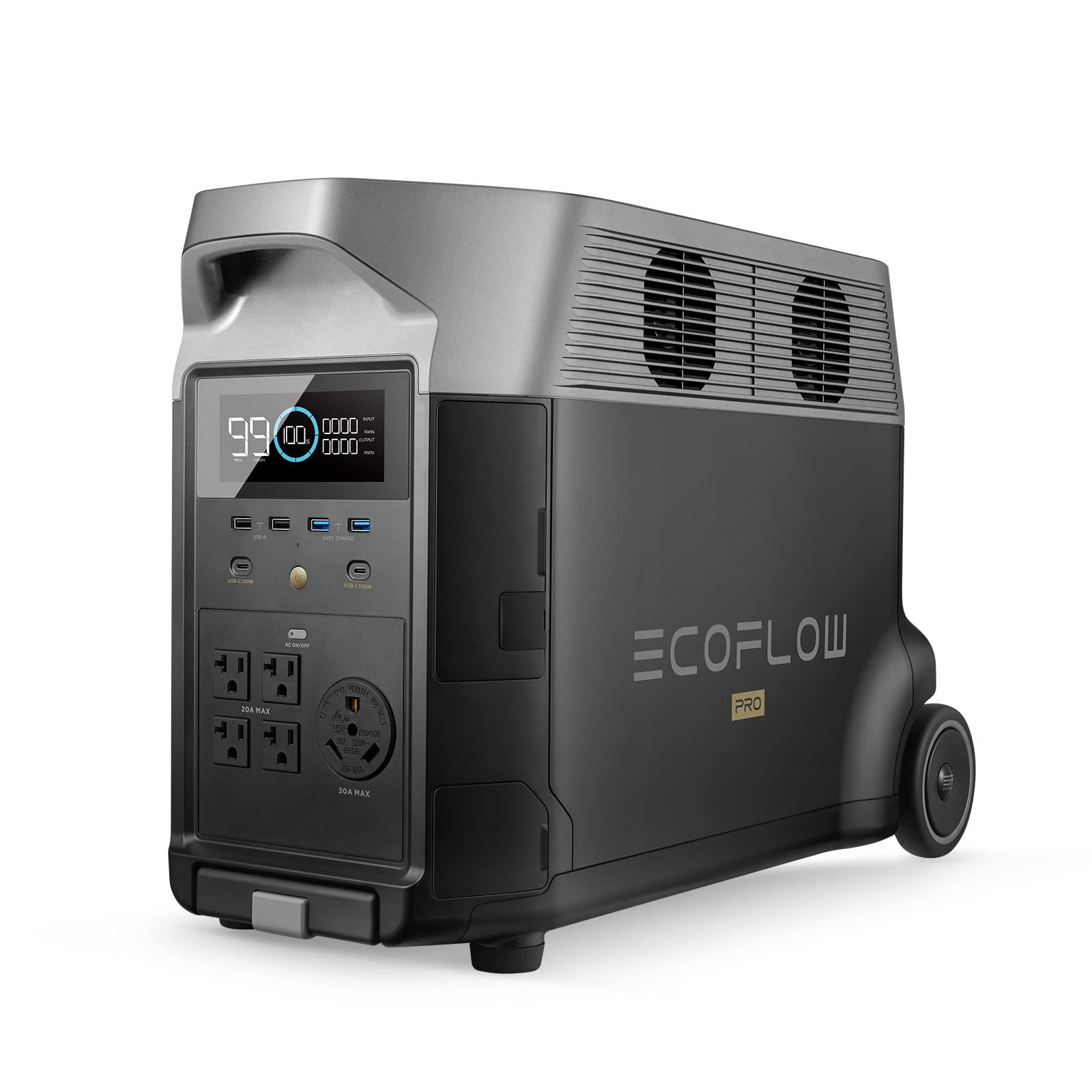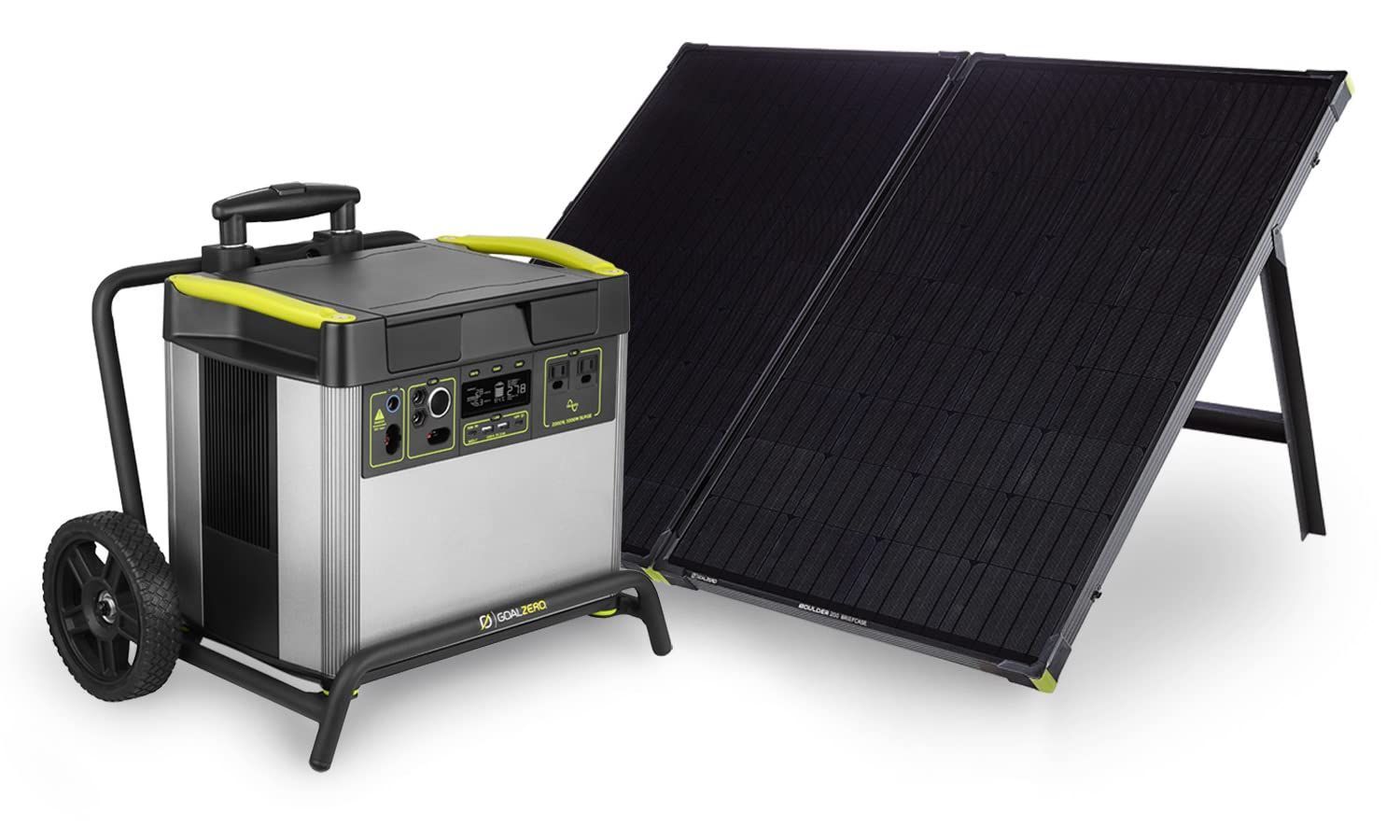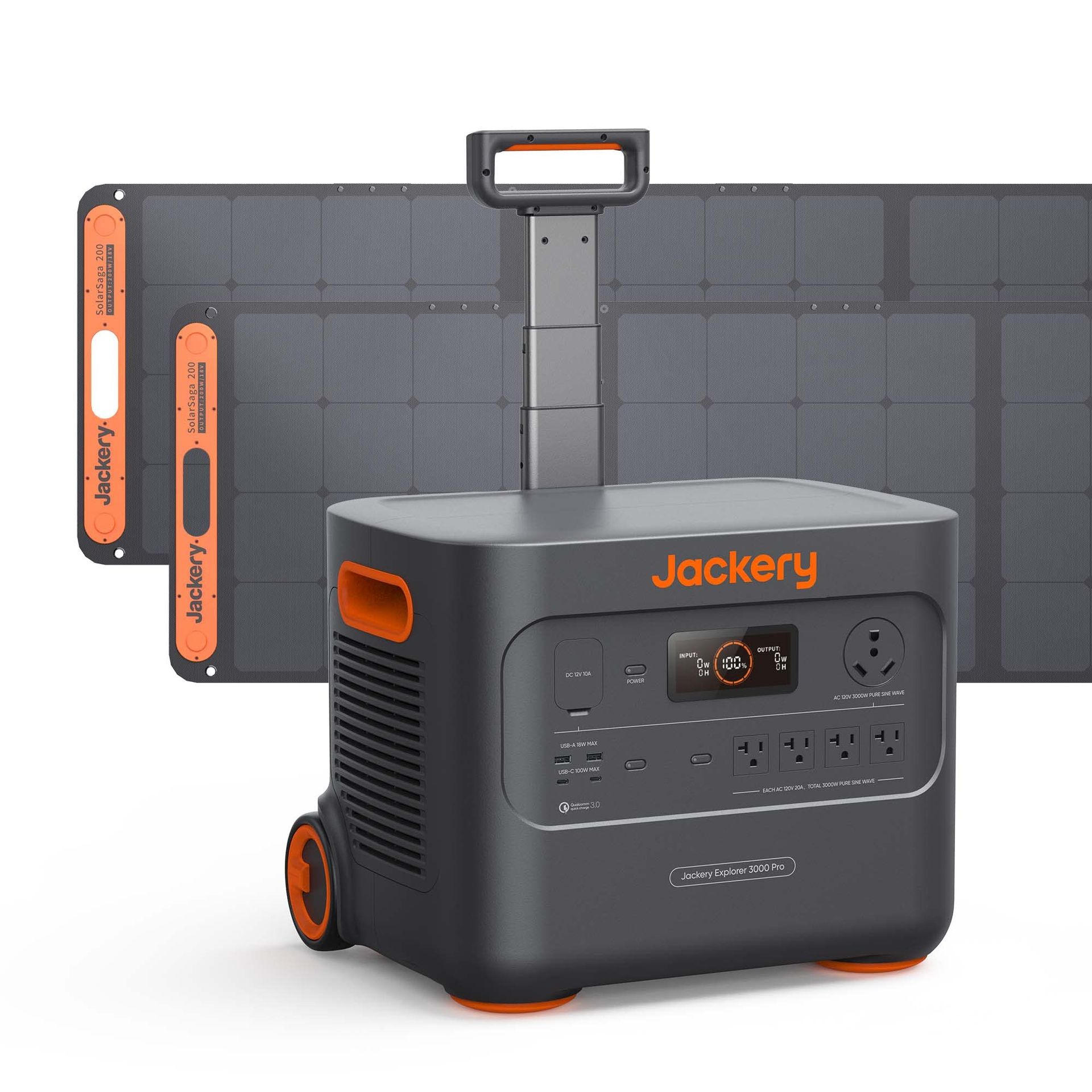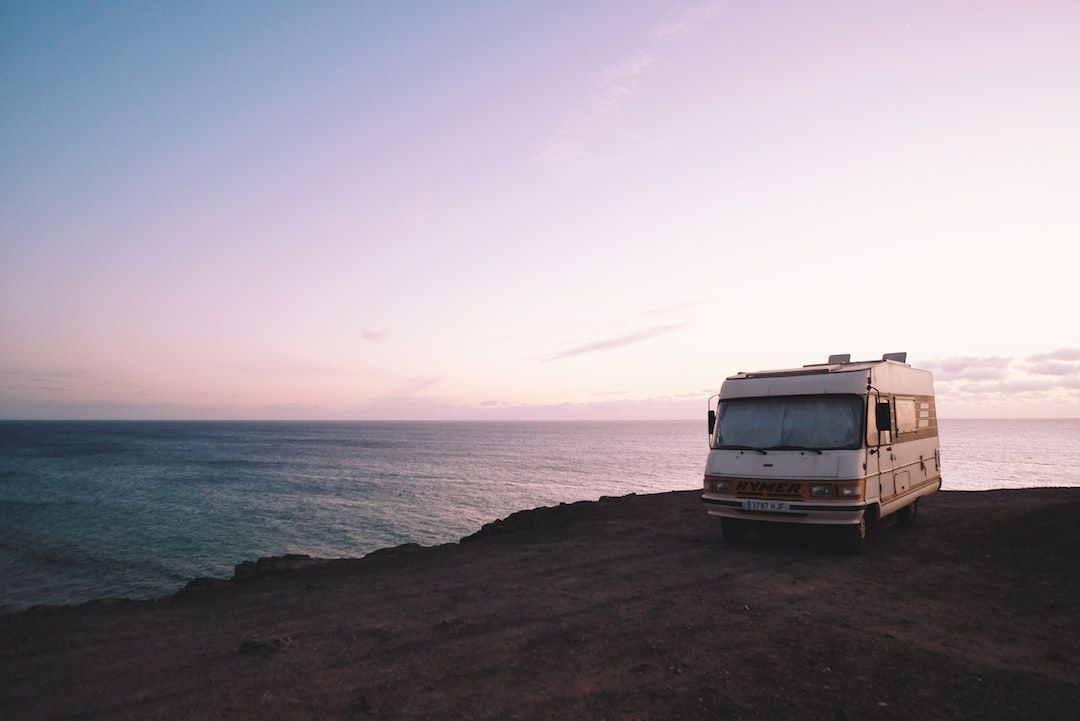Embracing the Nomadic Journey
Exploring RV culture, expert advice, and budget-friendly adventures in NH and Maine.
Introduction
RV living embodies a distinct and lively culture that enthralls travelers all over the world with its attraction of freedom, the thrill of exploration, and conveniences of home on vehicles. In this in-depth blog post, we take a journey by means of the core of RV lifestyle, learn clever expert advice for successful RVing, visit picturesque spots in the alluring states of New Hampshire and Maine, and demonstrate the undeniable RV travel's cost-effective advantage over other vacation options.
Section 1: RV Culture and Lifestyle at Its Core
The RV experience is more than just a way to get around; it's a weaving made of friendship, freedom, and adventure. RV culture honors a community bound together by a love of the wide road and a reverence for the natural world. The pleasure of unplanned excursions, the friendships made at campgrounds, or the constant sense of adventure all add to the distinctive texture of this mobile lifestyle.
Section 2: Expert Advice & Tricks for Easy RVing
Section 2.1: Organization and Space Maximization
Each and every corner matters in an RV because of its constrained space. Innovative space-saving techniques can improve your RV living environment. Invest in compact cookware, use versatile furnishings, and utilize vertical storage techniques to make the most of small spaces and create an inviting place to live. Make a method for organizing your possessions that will allow for immediate access and free of clutter space. Use hanging organizers, shelves, and hooks to store things like kitchenware, clothing, and amenities.
Section 2.2: Off-the-Grid Adventures
Discover the boondocking technique, where independence and adventure combine. Install solar panels on your RV to capture solar energy, which will enable you to run necessary devices while protecting the ecosystem. Reduce your environmental impact by using water-saving strategies like faucets with reduced flow and gray water recycling. Immerse yourself in the peace of rural areas while learning to enjoy being disconnected from modern conveniences. When boondocking, make sure to include additional energy and water supplies, as well as a plan for disposing of garbage in a manner that's not harmful to the environment.
Section 2.3: Mastery of Maintenance and Safety
To ensure a smooth trip, understand the science of RV maintenance. Make a thorough checklist that includes frequent inspections, fluid levels, and maintenance of the engine and tires. Prepare your RV with a fully stocked toolkit and become familiar with emergency repair techniques. Put safety first by fitting smoke and carbon monoxide detection systems and having a backup plan for unforeseen circumstances on the road. To guarantee a risk-free vacation, routinely inspect electrical, electrical system, and propane systems.
Section 3: New Hampshire and Maine Exploration: An RVer's Paradise
Section 3.1: Magnificent Peaks and Streams in New Hampshire
Set out on an interactive tour of New Hampshire's breathtaking scenery. Travel through the famous White Mountains, an oasis for nature lovers where tranquil lakes, lush forests, and lovely towns coexists. Hike responsibly, photograph the beauty of the blazing lakes, and experience the serenity of the starry nights. Take advantage of the stunning autumn colors and don't forget to take photos of the breathtaking views from the peaks.
Section 3.2: Maine's Coastal Wonders
Put your gaze on Maine's rocky coast, a heaven for beach lovers. Acadia National Park is a magical place where the Atlantic Ocean and spectacular cliffs meet. Enjoy Portland's historic beauty, which is full of lighthouses, seafood huts, and maritime history. By preserving coastal habitats and helping those who live there engage in sustainable tourism. Visit coastal museums and fishing communities to learn about the local cuisine made from seafood and maritime culture.
Section 4: Savings and Culinary Adventures
Section 4.1: Savings from the meals
Explore cheap dining in your RV kitchen as you go out on a culinary adventure. Consider the considerable cost savings that result from making your meals while traveling as opposed to eating out. Make plans for meals that make the most of your ingredients, cut down on food waste, and let you enjoy regional cuisines without going over budget. Fresh food may be purchased at neighborhood farmers' markets, which also helps local companies and allows you to have great, reasonably priced meals.
Section 4.2: Additional Expenses
Discover the hidden costs of typical trips, such as the cost of airfare, rental vehicles, and meals. Determine the whole cost-effectiveness of RV travel, as your lodging and transportation are conveniently combined into a single, affordable package. Accept the financial ability to travel widely without being constrained by conventional vacation spending limitations. Take into account the long-term advantages of purchasing an RV for traveling frequently, family holidays, and making unforgettable recollections.
Common challenges faced during RV traveling:
While RV travel is incredibly liberating and adventurous, it also has its share of difficulties. Following are some of the greatest difficulties you could experience while RVing, along with possible solutions:
1. Locating Appropriate Campsites:
Booking campsites can be difficult, especially during busy times of year. Popular campgrounds can fill up fast, giving visitors few choices.
Solution: Arrange bookings as soon as you can and plan your journey well in advance. Take into account staying in less populated locations or investigating boondocking possibilities on public property. To find vacant sites, use campsite booking websites and applications.
2. Getting Around Tight Places and Narrow Roads:
Challenge: Driving a big RV across congested parking lots, tight curves, and small roads can be nerve-racking, especially for those who are RVing for the first time.
Solution: Before hitting the road, practice driving in wide spaces. Preventing paths that have restricted clearances or tight curves or requires careful route planning. Use GPS navigation tools that take your RV's size and limits into account.
3. Upkeep and repairs for RVs:
Challenge: RVs need routine maintenance, and malfunctions can occur at any time, particularly when traveling.
Solution: Before each journey, check your vehicle's fluid levels, fluid pressure, and equipment. Carry a minimal toolkit, replacement parts, and a list of phone numbers for roadside assistance. For peace of mind, think about purchasing a longer warranty or RV-specific insurance.
4. Constrained Room:
Challenge: Organizing and maintaining comfort in an RV can be difficult due to the small amount of living and closet space available.
Solution: Sort critical stuff into priority order, spend money on compact storage options, and routinely tidy. Make use of furniture and organizers that have several uses and only bring what you really must.
5. Fuel and Gas Costs:
Challenge: Although RVs are not praised for their fuel productivity, changing gas costs can be difficult on your vacation budget.
Solution: Check the cost of fuel along your journey and modify your spending plan. To locate the best offers, use apps that compare gas prices. Driving tactics that conserve fuel include maintaining a constant speed and avoiding abrupt shifts and slowdowns. To save on fuel while driving on the highway, think about using cruise control.
6. Waste Management:
Challenge: A healthy and hygienic RV living environment depends on correctly handling sewage and waste removal.
Solution: Learn how to dump and tidy the holding tanks as well as the sewage system in your RV. To prevent blockages, only use toilet paper authorized for use in RVs. Follow the correct disposal instructions and discharge your trash tanks at specified landfill sites. Use cleaning supplies that are biodegradable and safe for the environment.
7. Connectivity:
Challenge: Keeping a strong cell phone connection and remaining online might be difficult in rural regions.
Solution: To increase connectivity, spend money on boosters for the signal or wireless hotspots. Plan pauses in locations with greater coverage by looking up maps of mobile coverage along your route. If having access to the internet is necessary for your job or for communication, look for campsites that provide it.
8. Climate and weather:
Challenge: Coping with harsh weather conditions, including thunderstorms or extreme temperatures, might affect your well-being and security.
Solution: Before departing, regularly check the weather forecasts and modify your itinerary as necessary. Pack clothes that are acceptable for many weather scenarios. To keep you comfortable, make sure your RV has air conditioning and heating system. To escape harsh weather, look into traveling during calmer seasons.
9. Isolation and Loneliness:
Challenge: Feelings of loneliness can result after extended periods of travel and separation from relatives and close friends.
Maintain regular contact with loved ones by using social media, video chats, and phone calls. Participate in local events, attend meetups, and join online RV groups to interact with other RVers. To combat solitude, schedule stops in places where you may mingle with locals and other travelers.
10. Budgeting:
Challenge: Managing spending, such as campsite fees, fuel prices, and maintenance charges, might be difficult in order to stay under the confines of your budget.
Solution: Before your vacation, make a thorough budget that includes all prospective costs such transportation, lodging, meals, and activities. To cut expenditure, look into camping costs and think about alternating between campsites and boondocking locations. Reduce eating costs by preparing food in your RV and save money for unforeseen costs.
Choosing a perfect RV:
The perfect RV for your trip will rely on a lot of things, including your tastes, finances, traveling method, and the size of your company. Here are a few common RV models and some justifications as to why various traveler types might find them suitable:
1. Class A motorhome:
Class A motorhomes serve as an apartment in vehicles since they provide lots of space, opulent amenities, and a comfortable ride. They are ideal for people who like a pleasant and roomy living environment because they frequently come with vast living rooms, several slide-outs, and other high-end features. Continuous travelers or those seeking a premium travel experience may choose a class A motorhome.
2. Camper van class B:
For the following reasons: Class B camper vans are small and adaptable, making them simple for driving and parking. They provide all the basic facilities such as a kitchen, resting area, and occasionally a tiny bathroom while providing the ease of a smaller vehicle. For singles or couples who prefer a simpler vacation experience and prefer easy parking and driving, class B vans are a perfect option.
3. Class C Motorhome:
The spaciousness of a Class A motorhome and the portability of a Class B are balanced by Class C RVs. They frequently incorporate an eye-catching cab-over section for extra sleeping or storage areas. Families or parties that require more room than an ordinary vehicle but still wish to travel in a comfortable manner might consider class C motorhomes.
4. Travel Trailer:
Reasons: Travel trailers come in a variety of shapes and sizes, from compact teardrops to enormous fifth wheels. Since they are being towed by a different car, you can disengage the trailer's hitch and go exploring in your towing car. Travel trailers are versatile because you can pick the size and design that best suits your requirements and tastes. They are appropriate for people who already have an appropriate towing vehicle and desire greater freedom in their traveling arrangements.
5. Fifth Wheel Trailer:
For the following causes: Fifth-wheel trailers are a sort of travel trailer that hooks into a pickup truck's bed. Compared to conventional traveling trailers, they provide greater stability and room. They frequently have more slide-outs, bigger living spaces, and more utilities. The long-term vacationers or retirees frequently choose fifth-wheel trailers because they prefer comfort, room, and conveniences.
6. Teardrop Trailer:
For the following reasons: Teardrop trailers are small, light, and simple to tow. A tiny sleeping room and a minimal kitchen are usually included. For singles or couples looking for a straightforward and uncomplicated traveling vacation without having to pay for a big towing vehicle, teardrop trailers are fantastic.
Evaluate your financial capabilities, the number of individuals traveling with you, the kinds of places you want to go, your personal choices, and your level of RVing experience when choosing the best RV for your trip. To find the RV that best meets your needs, do extensive research, explore visiting RV stores, and even think about renting other models for brief excursions.


